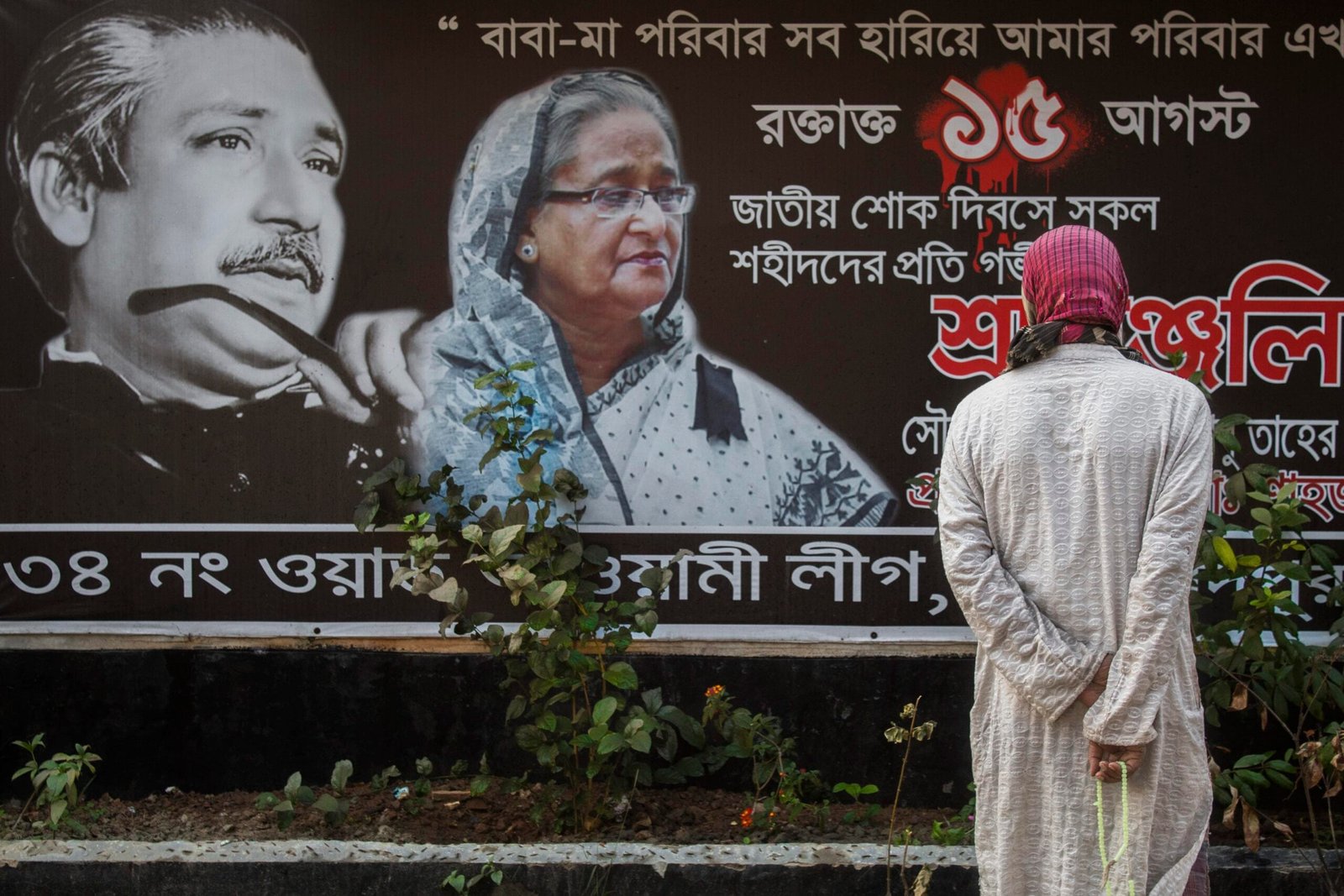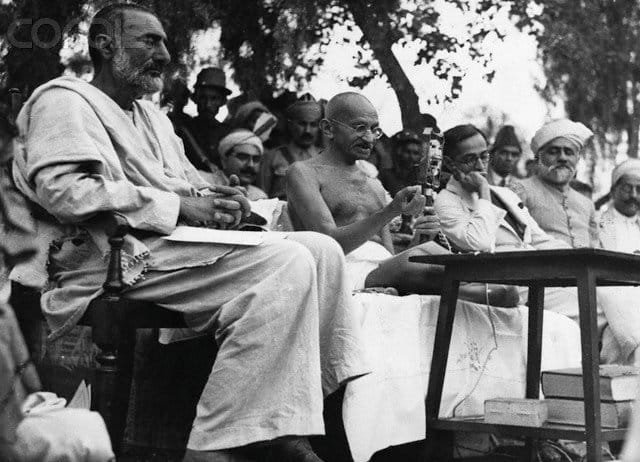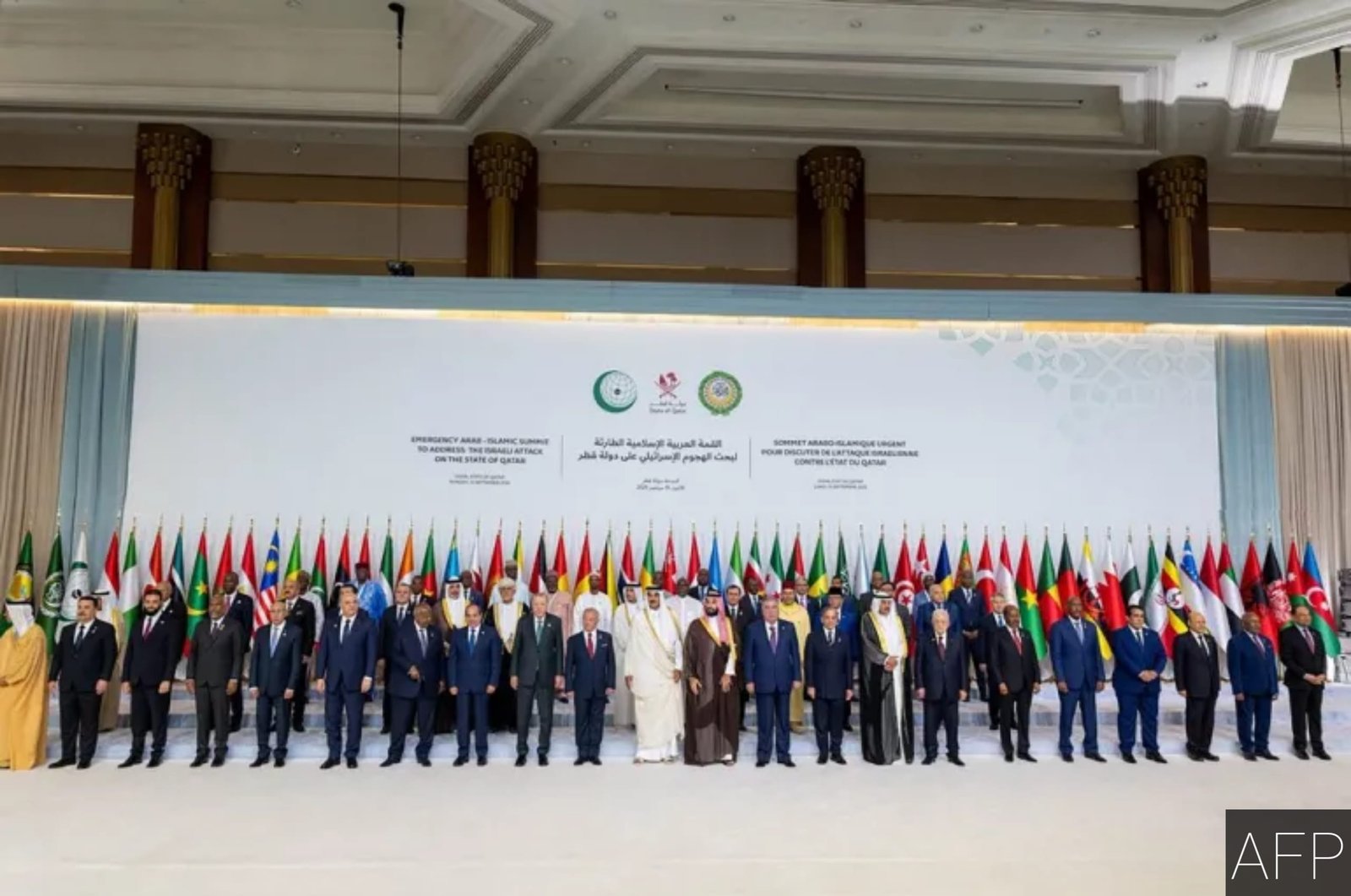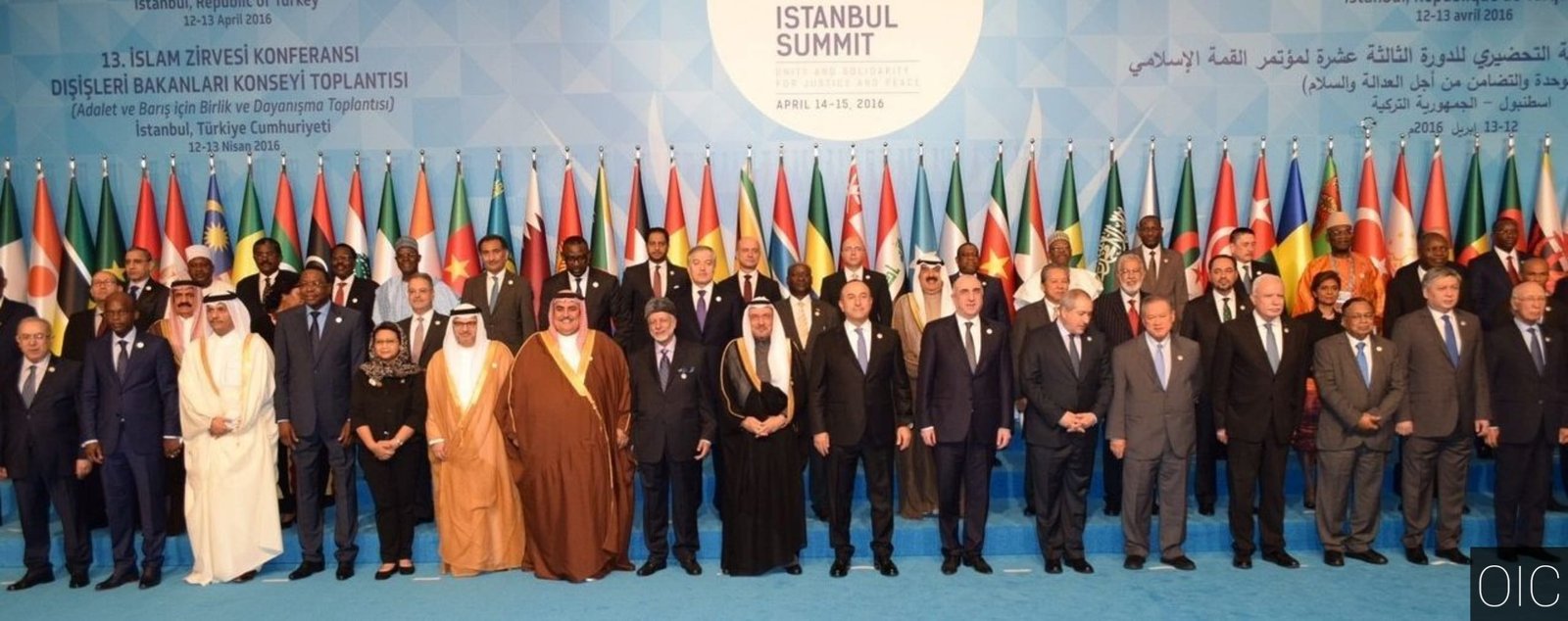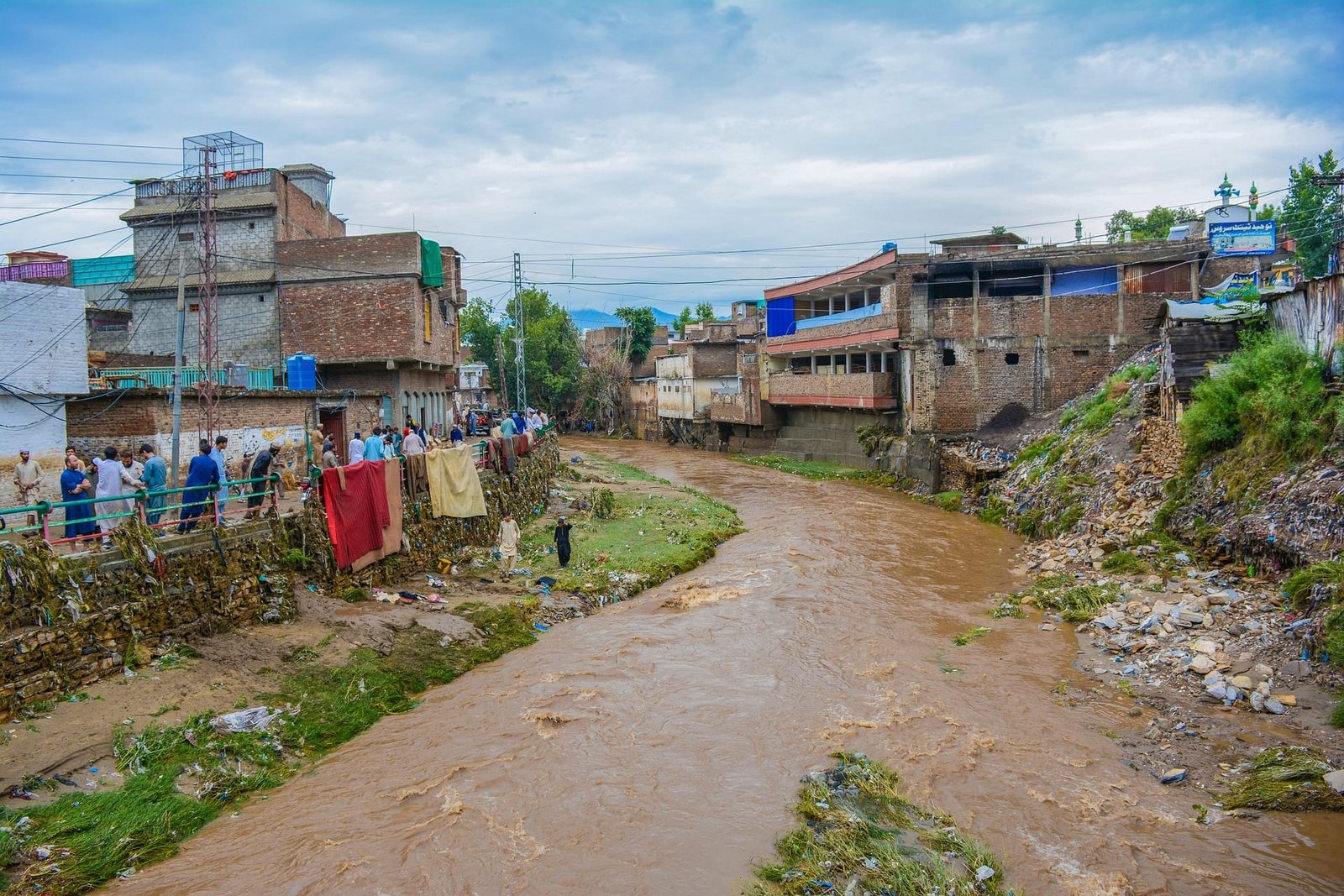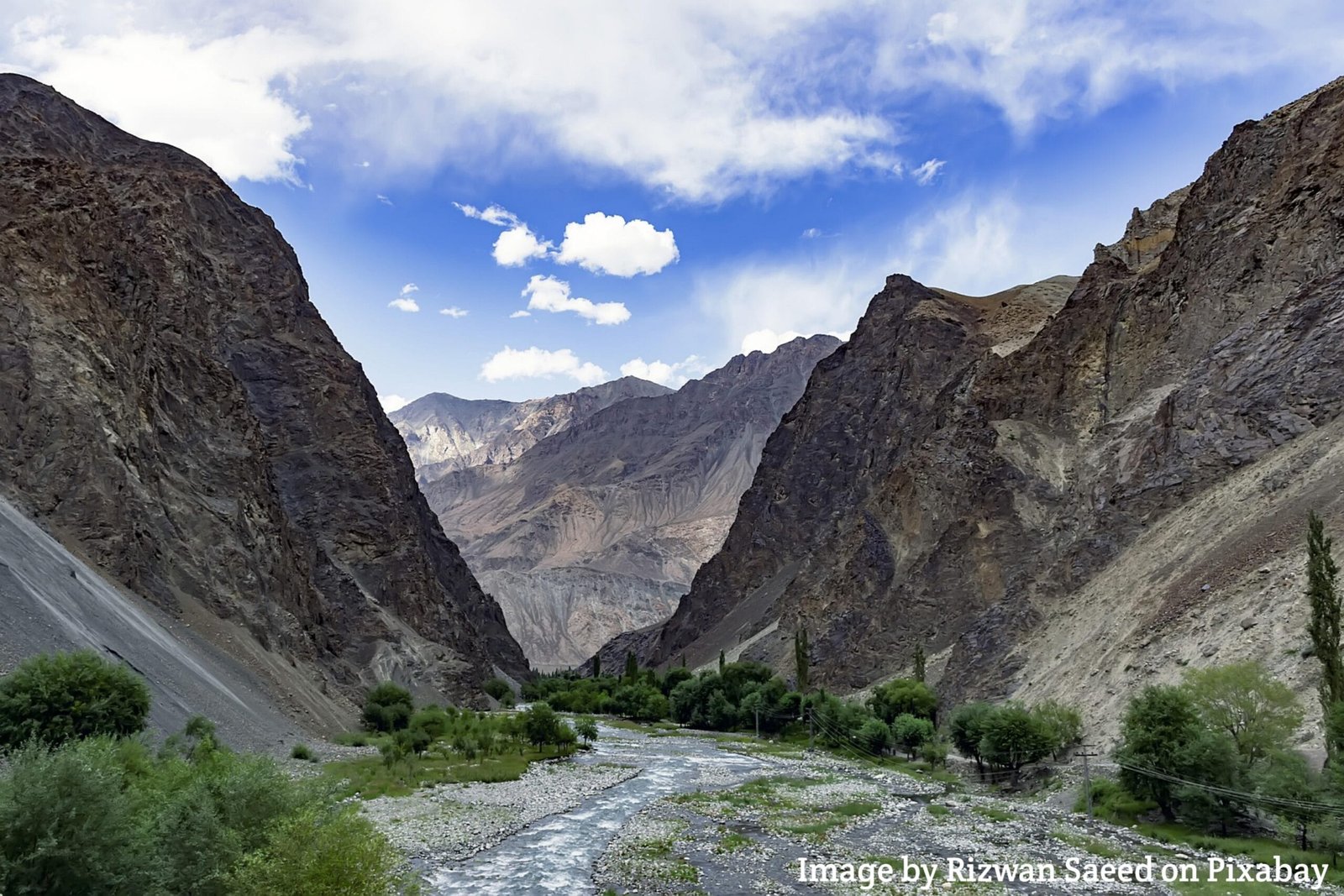
Early Life of Akbar Bugti
Akbar Bugti was born on July 12, 1927, in a small village near Dera Bugti. This area is in Balochistan, a province in today’s Pakistan. He belonged to the powerful Bugti tribe, which has a long history and strong influence in the region. His family had many well-known people. As a descendant of Nawab Muhammad Akbar Khan Bugti, a respected Baloch leader, Akbar learned about tribal leadership and the politics of Balochistan from a young age.
Akbar Bugti grew up in a place full of political issues. He was the son of Nawab Muhammad Khan Bugti. From a young age, he was expected to continue his family’s legacy. His family’s high status and the situation in Balochistan made him feel responsible for his tribe and the Baloch people. This made a big impact on how he thought. It also shaped his future in politics. He saw the problems faced by the Baloch people. These struggles became a big part of his political beliefs.
Bugti started his education by going to local schools, where he got basic learning. Later, he moved to Lahore and studied at Islamia College. There, he learned more about the country’s politics. The things he saw and learned while growing up, along with his time at a top college in Pakistan, helped him speak up for the Baloch people. He knew both tribal traditions and modern education. This helped him connect old Baloch values with new political ideas. It also prepared him for a future in leadership and helping others.
Political Beginnings
Akbar Bugti’s start in politics was an important moment in Balochistan’s history. He came from a well-known Baloch family and clearly understood the problems his people were facing. His political journey began in the early 1900s. It was shaped by strong feelings of nationalism and the fight against foreign rule.These early events helped shape his ideas and plans for the future.
Bugti began his political work with the Balochistan Muslim League. He supported its goal of fighting for Baloch rights within Pakistan. But over time, his ideas about self-rule began to grow. He then joined the Balochistan People’s Party, which better matched his views about local problems and unfair treatment. These political groups helped shape how he thought. In the end, he strongly believed in standing up for the rights and independence of the Baloch people.
During the 1950s and 1960s, Bugti became a well-known leader in Pakistan’s politics. He learned to deal with the tough and changing political system of the country. Meeting important leaders like Liaquat Ali Khan and later Ayub Khan helped him understand how power and government really worked. These early meetings helped him grow as a politician.They also made him more aware of the serious problems faced by the Baloch people.
Bugti’s early political life showed how he slowly became more focused on fighting for his people’s rights. By making smart political connections and learning more about national issues, he became a strong voice for Balochistan. These early steps helped prepare him for his future role. Later, his work would leave a big mark on the politics of the region.
Role of Akbar Bugti in Baloch Politics
Akbar Bugti became an important leader in Baloch politics. He showed how tribal leadership and regional politics could work together. When he became chief of the Bugti tribe, it was a key moment in Balochistan’s political history. His way of leading mixed old tribal rules with new political ideas. Bugti used smart plans to handle both local and national politics. He always tried to make sure the Baloch people’s needs and rights were heard and protected.
One of Bugti’s important roles was speaking up for the rights of the Baloch people. He truly cared about improving their social and economic lives. He helped give the Bugti tribe a strong political voice by focusing on their past struggles and hopes. Bugti also took part in different assemblies. As a Member of the National Assembly, he listened to the people and shared their problems. This helped bring more attention to Baloch issues at the national level.

Bugti’s political work went beyond just working with tribal groups. He helped build partnerships that pushed for a bigger role for Baloch people in Pakistan’s government. Because of his efforts, new regional political parties were formed. These parties spoke up for Balochistan’s needs, which were often ignored in national talks. Bugti always stood firmly for Baloch rights. He was also open to talking with different leaders and groups. This brought big changes to Baloch politics and gave people more hope for their future.
Bugti’s work still affects politics in Balochistan today. He played a big part in building the political identity of the Bugti tribe. This helps people understand more about Baloch nationalism. His life and political efforts show how strong leadership can shape local politics. His impact is still remembered and talked about in the region.
Advocacy of Akbar Bugti for Baloch Rights
Akbar Bugti was a famous leader who stood up for Baloch rights. He worked hard for his people during a time of political problems and unfair treatment. His life as an activist showed how much he cared about helping the Baloch people, who were often ignored and treated badly in Pakistan. For Bugti, activism wasn’t just about politics. It was about fighting for basic human rights for his people and making sure their voices were heard.
All through his life, Bugti gave many speeches that connected with the pain of the Baloch people. He often talked about how government actions were hurting the growth and progress of the region. He clearly spoke about how the Baloch people’s resources were being used unfairly. This got a lot of attention and showed the problems they were facing. Bugti strongly believed that the Baloch deserved a fair share of their natural resources. He said this was important for their progress and for keeping their pride.
Bugti’s actions in public often caused strong reactions and big debates across the country.He was not afraid to speak out against the government, which made him a controversial figure, especially among Baloch nationalists.He faced many problems, like threats to his life and being closely watched by the government.Still, Bugti stayed strong and kept fighting for his people.
He didn’t just give speeches-he took real steps. He talked with others, brought people together, and worked with other nationalist leaders to make sure the problems of the Baloch were always seen and heard.
Conflict with the Government
The conflict between Akbar Bugti and the Pakistani government shows how ethnic identity, political power, and the army play a big role in Pakistan’s politics. Bugti was a well-known leader from Balochistan. He often spoke out against the government’s unfair policies, especially about how resources were shared and the lack of freedom for the Baloch people. He believed the government was taking natural resources from Balochistan without giving proper benefits to the local people. This strong stand often caused clashes between him and the central government.
The conflict grew worse in the early 2000s when Bugti, who was then the Governor of Balochistan, started to speak out against the army’s presence in the area. At that time, the Pakistani government, which was controlled by the military, began military operations to stop growing rebel movements in Balochistan. These actions led to fights between Bugti’s supporters and the army. Bugti’s message focused on unfair treatment and the Baloch people’s wish for more control over their own land. His voice was heard not only in Pakistan but also in other countries.
By 2006, the conflict had reached its saddest point. The government used strong military force, including airstrikes in Balochistan. Many of Bugti’s close supporters were killed, which led to more anger and unrest. Even while facing danger, Bugti stayed strong and became a symbol of standing up against unfair treatment by the state. His fight became the main focus of his final years. It also left a lasting mark on the politics of Balochistan and all of Pakistan. Even today, people still talk about this conflict when discussing government, ethnic issues, and the rights of different regions.
Life in Exile
Akbar Bugti’s time in exile was an important part of his life. It had a big effect on how he thought and acted in politics after he came back to Pakistan. His exile started because of the growing political problems in Balochistan in the early 2000s. Bugti was a strong voice for Baloch rights and more freedom for the province. Because of this, the Pakistani government put a lot of pressure on him and tried to stop the push for independence. In 2005, after many clashes and government crackdowns, Bugti decided to leave the country. He went into self-exile and lived in different countries for some time.
While living away from his homeland, Bugti experienced a very different life. Being in exile meant he had to deal with new challenges, including international politics and activism. This helped him see not only the problems in Balochistan but also those faced by other mistreated communities around the world. During this time, he met with political groups and human rights organizations. These meetings helped him speak more loudly about justice and freedom for the Baloch people. He also became a stronger and more skilled leader, gaining attention on the world stage.

Assassination and Aftermath
On August 26, 2006, Akbar Bugti, a well-known politician and Baloch leader, was killed in a military operation in the mountains of Balochistan, Pakistan. The Pakistani army carried out the attack because Bugti strongly spoke out against the government and demanded more rights and freedom for the Baloch people. His death caused anger and sadness across the country. Many political leaders, human rights groups, and ordinary people condemned the killing and called it unfair.
Right after Bugti’s death, there was a lot of unrest in Balochistan. Protests broke out in many towns and cities. These protests showed how hurt and angry the Baloch people were.
Many saw his killing as another example of how the central government had ignored and mistreated them for years. The event made the gap between Baloch nationalists and the government even wider. It led to more violence and stronger demands for more freedom and rights for the Baloch people.
Bugti’s assassination had a big effect on politics. It made the situation in Balochistan worse, as fighting and attacks by militants increased. His death also caught the attention of the world and made people notice the problems of unfair rule and human rights in the area. Bugti became a symbol of standing up to government oppression. Many young Baloch activists and leaders were inspired by him and wanted to continue his work. His strong speeches and deep belief in Baloch rights touched many hearts and added strength to the fight for justice.
In conclusion, Akbar Bugti’s killing had a big effect on the Baloch fight for their rights and on Pakistan’s politics. His life and work still influence talks about freedom, identity, and fairness in Balochistan. He helped start important discussions about the rights of ignored and mistreated groups, not just in Pakistan but in other parts of the world too.

